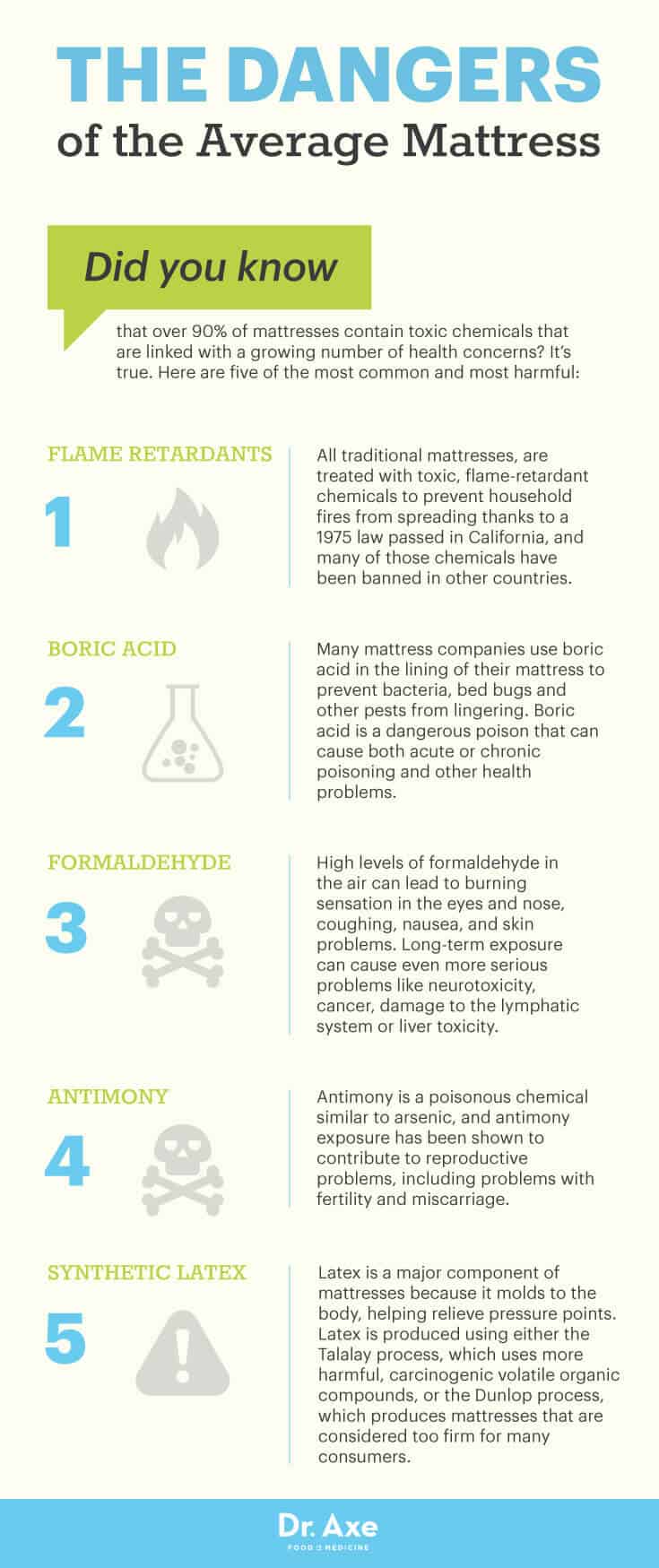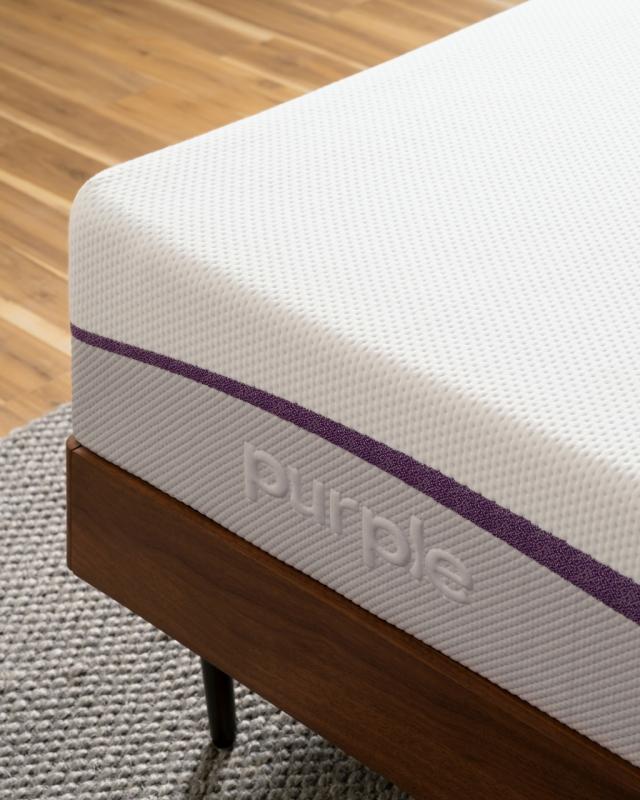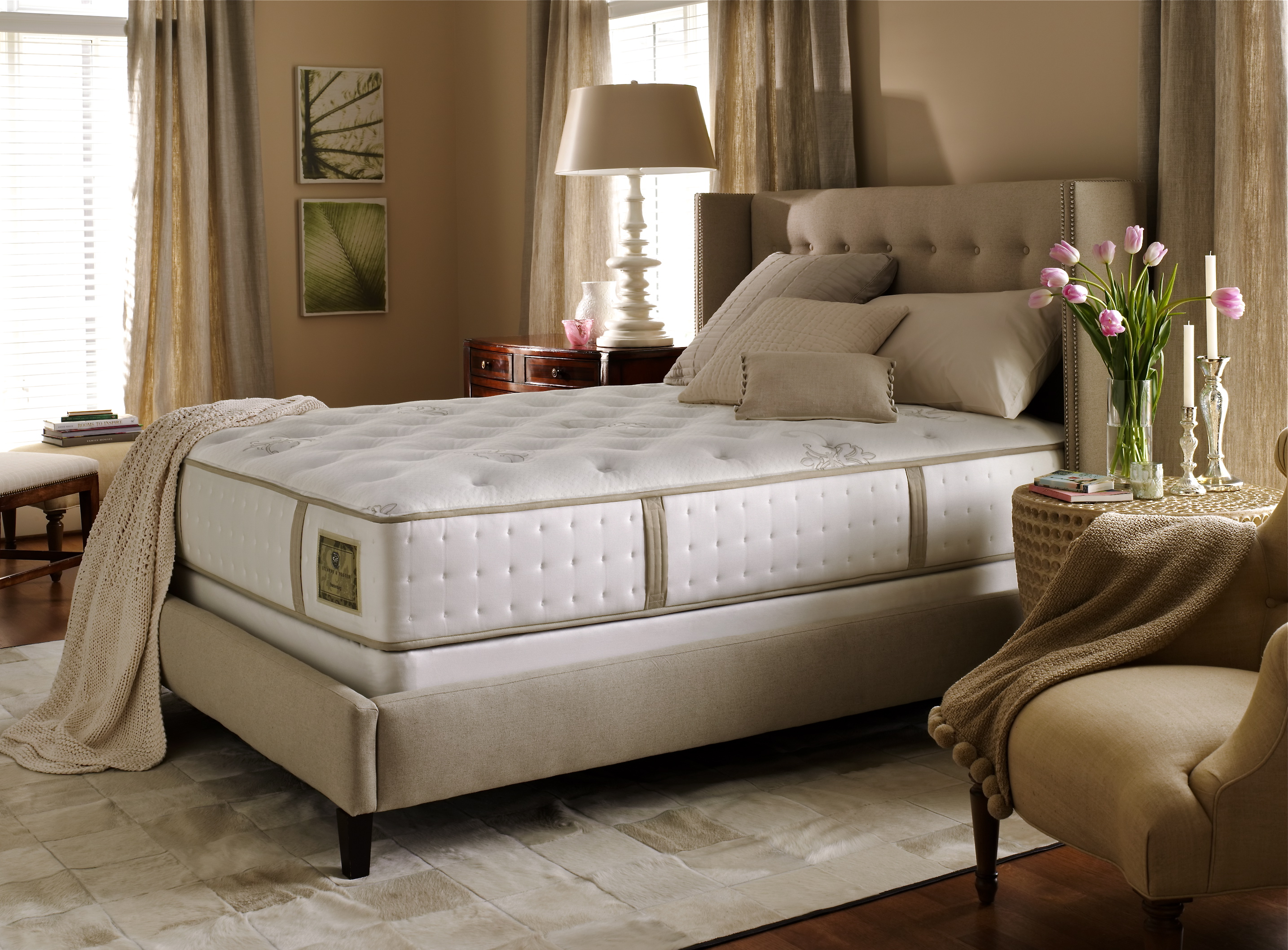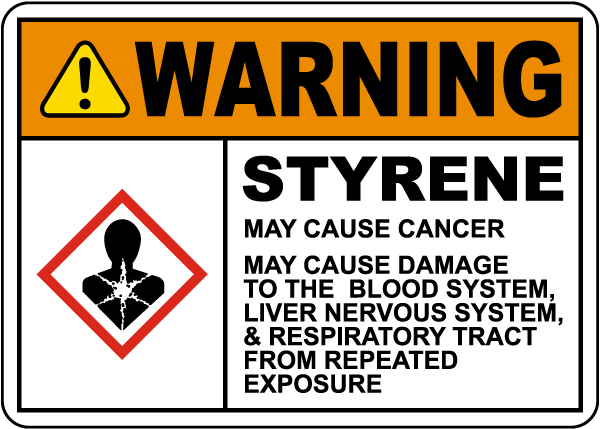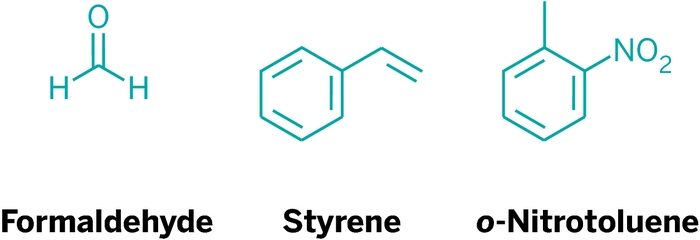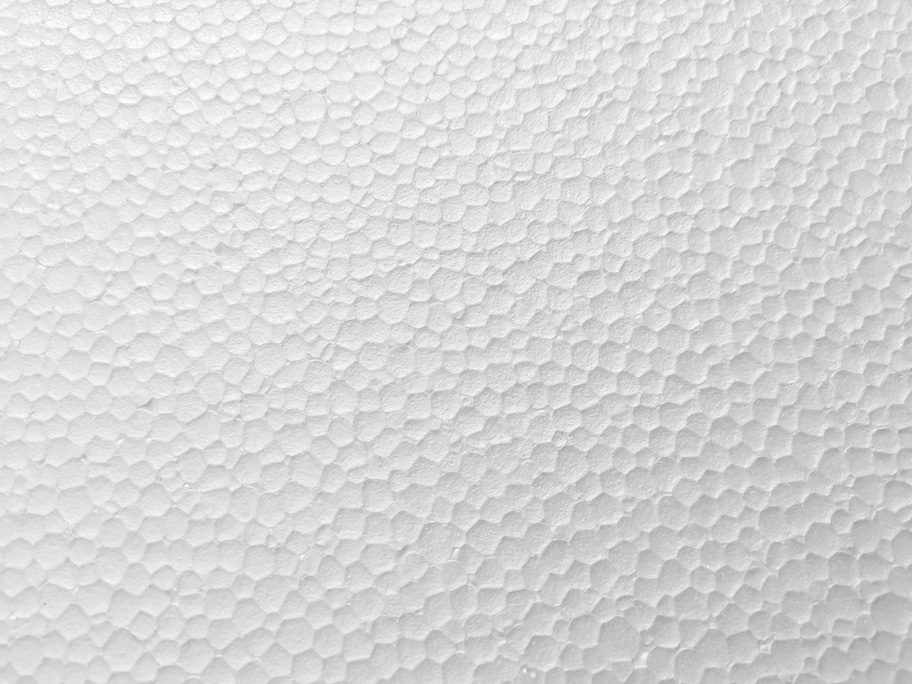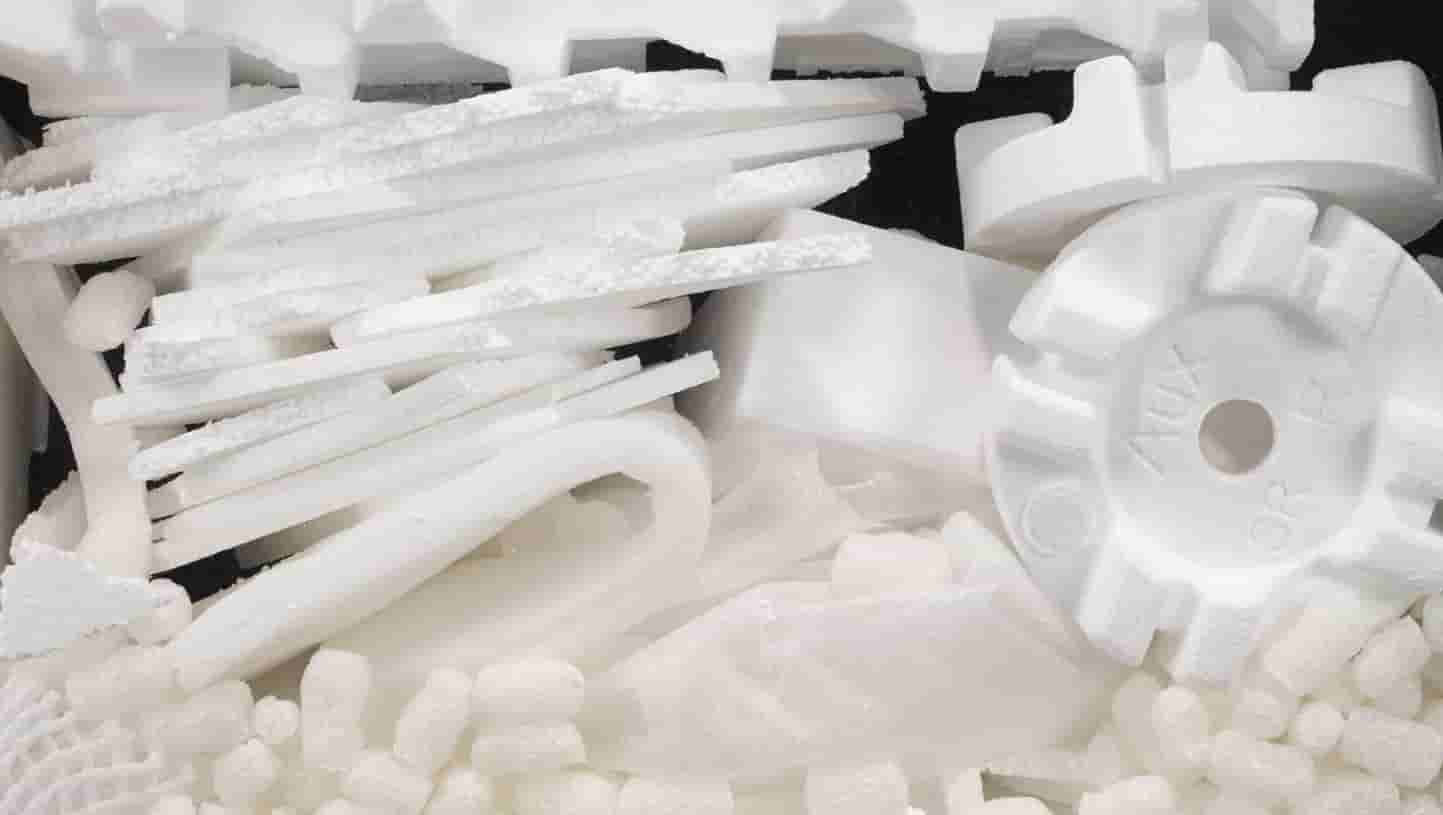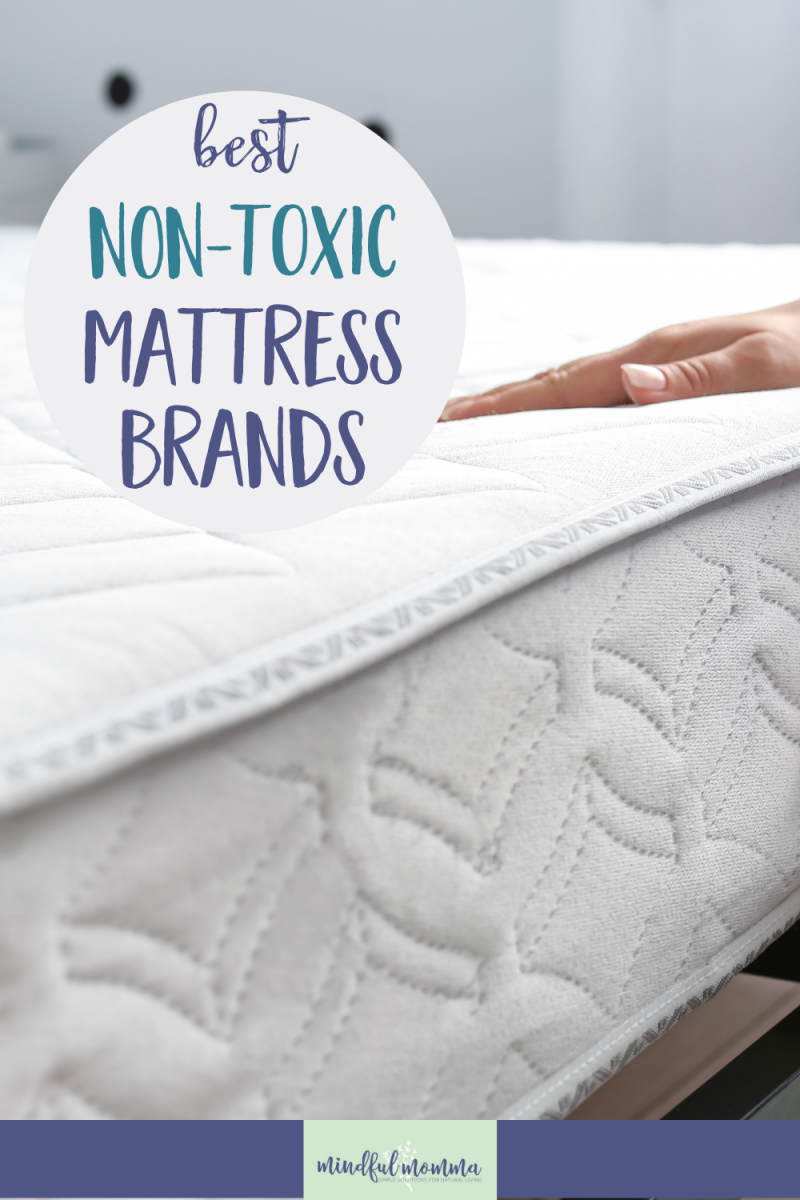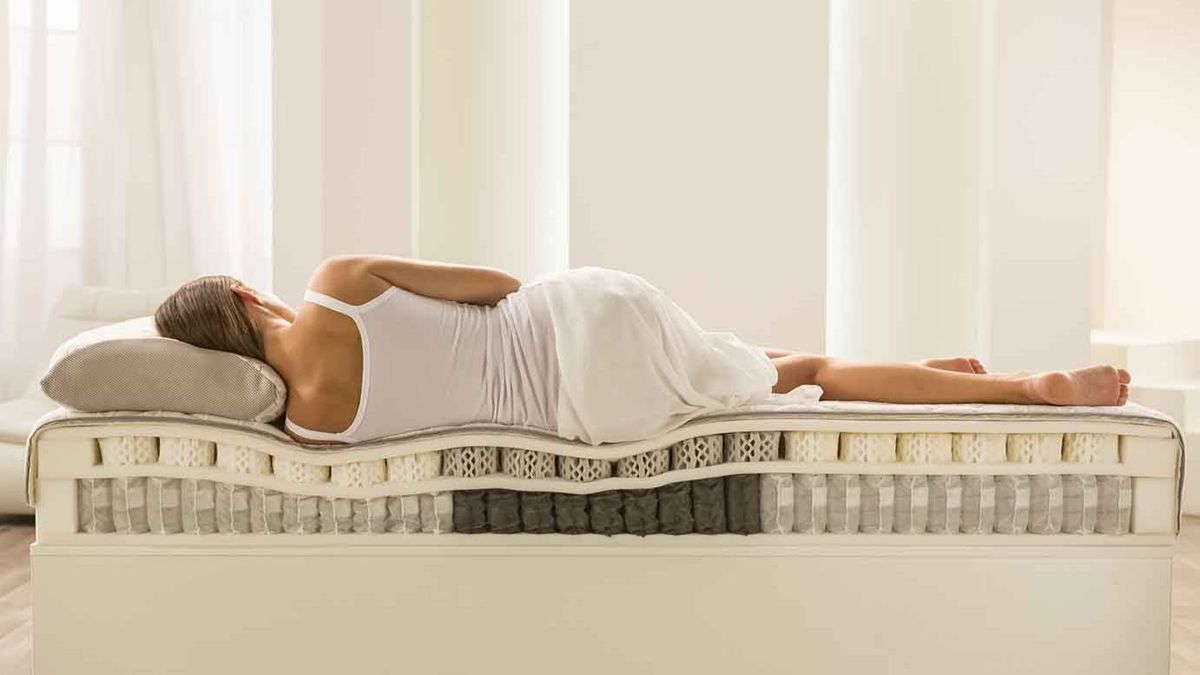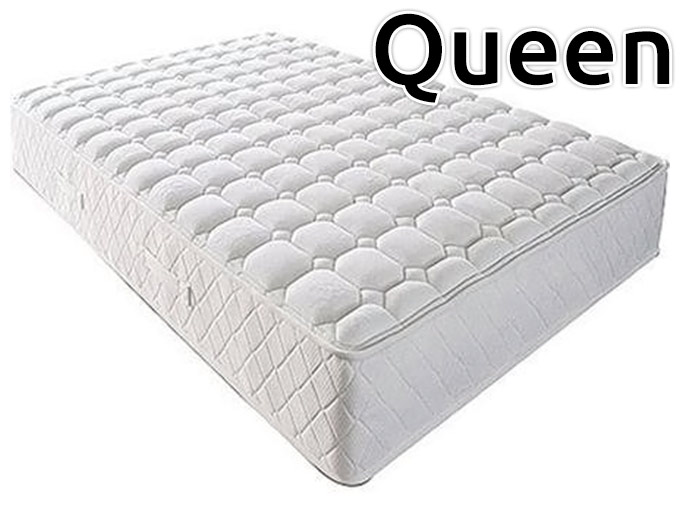Can a Mattress with Styrene Give You Cancer?
Styrene is a chemical compound commonly used in the production of various products, including mattresses. However, recent concerns have been raised about the potential health risks of styrene exposure, particularly in relation to cancer. In this article, we will delve into the question: can a mattress with styrene give you cancer?
Styrene in Mattresses and Cancer Risk
Styrene, also known as vinyl benzene, is a synthetic compound that is widely used in the manufacturing of plastics, rubber, and foam products. This includes foam mattresses, which often contain styrene in the form of polystyrene foam. Polystyrene foam is used for its lightweight, insulating, and cushioning properties, making it a popular choice for mattresses.
However, there have been concerns about the potential health risks of styrene exposure, with some studies linking it to an increased risk of cancer. This has led to questions about the safety of mattresses containing styrene, and whether they can indeed increase the risk of cancer.
Styrene Exposure and Cancer
Styrene is classified as a possible human carcinogen by the International Agency for Research on Cancer (IARC). This means that there is limited evidence suggesting a link between exposure to styrene and an increased risk of cancer in humans.
One of the main concerns about styrene exposure is its potential to cause damage to DNA, which can lead to mutations and ultimately, cancer. Studies have shown that styrene can cause DNA damage in animals, but the evidence is less clear in humans.
Additionally, styrene is considered a volatile organic compound (VOC), which means that it can release harmful chemicals into the air, particularly when heated. This is a concern with mattresses, as the body heat of a person sleeping on the mattress can cause the release of these chemicals into the air they breathe in.
Health Risks of Styrene in Mattresses
Aside from the potential link to cancer, there are other health risks associated with styrene exposure in mattresses. These include respiratory irritation, skin irritation, and eye irritation. In some cases, exposure to styrene can also cause dizziness, headaches, and fatigue.
Furthermore, the release of styrene and other chemicals from mattresses can contribute to indoor air pollution, which can be harmful to our health. Poor indoor air quality has been linked to various health problems, including respiratory issues, allergies, and even cognitive impairment.
Styrene and Cancer: What You Need to Know
While there is some evidence suggesting a link between styrene exposure and an increased risk of cancer, it is important to note that this research is still inconclusive. The studies conducted so far have primarily been on animals, and the effects of styrene exposure on humans are still unclear.
Furthermore, even if there is a potential link between styrene exposure and cancer, the level of exposure needed to cause harm is not yet known. This means that the small amount of styrene used in mattresses may not pose a significant risk to our health.
Styrene and Cancer: The Link Explained
The main concern with styrene and cancer is its potential to cause DNA damage, which can lead to mutations and ultimately, cancer. However, it is important to note that our bodies have natural mechanisms to repair DNA damage, and not all DNA damage leads to cancer.
Furthermore, we are exposed to styrene in many other ways, such as through food packaging, car exhaust, and cigarette smoke. The levels of styrene exposure from mattresses may be minimal in comparison to these other sources.
Styrene and Cancer: What the Research Says
Research on the potential link between styrene exposure and cancer is ongoing, and there is still much to learn about the effects of this chemical on our health. However, some studies have shown a possible association between styrene exposure and certain types of cancer, such as lung cancer and leukemia.
One study in particular found that workers in the reinforced plastics industry, who are exposed to high levels of styrene, had an increased risk of developing leukemia. However, this study has been criticized for its small sample size and other limitations, and more research is needed to confirm these findings.
Styrene-Free Mattresses: A Safer Option?
Given the potential risks associated with styrene exposure, some people may prefer to choose a mattress that is free from this chemical. Fortunately, there are many styrene-free mattress options available on the market, such as natural latex mattresses or mattresses made from organic materials.
While these mattresses may be a safer option for those concerned about styrene exposure, it is important to note that they may come with a higher price tag. Additionally, it is always a good idea to check the materials used in the mattress and ensure that it is free from other potentially harmful chemicals as well.
How to Avoid Styrene Exposure in Mattresses
If you are concerned about the potential health risks of styrene in mattresses, there are some steps you can take to minimize your exposure. These include choosing a mattress that is free from styrene or other harmful chemicals, and using a mattress cover or protector to create a barrier between you and the mattress foam.
You can also opt for a mattress made from natural materials, such as organic cotton, wool, or natural latex. These mattresses are often free from harmful chemicals and may also have other benefits, such as being more environmentally friendly.
Styrene-Free Mattresses: What You Need to Know
In conclusion, the current research on the potential link between styrene exposure and cancer is still inconclusive. While there may be some evidence suggesting a possible association, more research is needed to confirm these findings. In the meantime, choosing a styrene-free mattress may provide some peace of mind for those concerned about their health.
Ultimately, the best way to minimize your risk of cancer and other health problems is to lead a healthy lifestyle, including eating a balanced diet, exercising regularly, and avoiding exposure to known carcinogens. If you have any concerns about your health or potential exposure to harmful chemicals, it is always best to consult with a healthcare professional for personalized advice.
Can a Mattress with Styrene Give You Cancer?

The Dangers of Styrene in Mattresses
 For many people, a good night's sleep is essential for their overall health and well-being. This includes having a comfortable and supportive mattress to sleep on. However, with the rise of concerns about chemicals and toxins in household products, many are questioning whether their mattresses could be harming their health. One chemical that has been the subject of much debate is styrene, a commonly used material in mattresses. But can a mattress with styrene actually give you cancer?
Styrene is a chemical used in the production of polystyrene foam, which is commonly found in mattresses, packaging materials, and insulation. It is known for its lightweight and insulating properties, making it a popular choice for these types of products. However, studies have shown that styrene can leach out of these products and into our bodies, potentially causing harm.
One of the main concerns surrounding styrene is its potential to be a carcinogen, or cancer-causing agent. According to the International Agency for Research on Cancer (IARC), styrene is classified as a possible human carcinogen. This means that there is limited evidence of its cancer-causing effects in humans, but there is sufficient evidence in animal studies.
For many people, a good night's sleep is essential for their overall health and well-being. This includes having a comfortable and supportive mattress to sleep on. However, with the rise of concerns about chemicals and toxins in household products, many are questioning whether their mattresses could be harming their health. One chemical that has been the subject of much debate is styrene, a commonly used material in mattresses. But can a mattress with styrene actually give you cancer?
Styrene is a chemical used in the production of polystyrene foam, which is commonly found in mattresses, packaging materials, and insulation. It is known for its lightweight and insulating properties, making it a popular choice for these types of products. However, studies have shown that styrene can leach out of these products and into our bodies, potentially causing harm.
One of the main concerns surrounding styrene is its potential to be a carcinogen, or cancer-causing agent. According to the International Agency for Research on Cancer (IARC), styrene is classified as a possible human carcinogen. This means that there is limited evidence of its cancer-causing effects in humans, but there is sufficient evidence in animal studies.
The Link Between Styrene and Cancer
 So, what exactly is the link between styrene and cancer? Research has shown that when styrene is inhaled or ingested, it can break down into a substance called styrene oxide, which has been found to damage DNA and potentially lead to cancer. Additionally, styrene has been linked to an increased risk of certain types of cancer, such as leukemia and lymphoma.
However, it's important to note that the risk of developing cancer from styrene exposure is relatively low. The IARC states that the risk is highest for workers who are regularly exposed to high levels of styrene in industrial settings. The risk for the general population, including those who may be exposed to small amounts of styrene from their mattresses, is much lower.
So, what exactly is the link between styrene and cancer? Research has shown that when styrene is inhaled or ingested, it can break down into a substance called styrene oxide, which has been found to damage DNA and potentially lead to cancer. Additionally, styrene has been linked to an increased risk of certain types of cancer, such as leukemia and lymphoma.
However, it's important to note that the risk of developing cancer from styrene exposure is relatively low. The IARC states that the risk is highest for workers who are regularly exposed to high levels of styrene in industrial settings. The risk for the general population, including those who may be exposed to small amounts of styrene from their mattresses, is much lower.
Minimizing Your Exposure
 While the risk of developing cancer from a mattress with styrene is low, it's understandable that many people are still concerned. The good news is that there are steps you can take to minimize your exposure to styrene. One option is to choose a mattress made from natural materials, such as organic cotton or wool. These materials are free from harmful chemicals and can provide a comfortable and safe sleep environment.
Another option is to look for mattresses that are certified by independent organizations, such as CertiPUR-US, which ensures that the foam used in the mattress is free from harmful chemicals like styrene. Additionally, regularly airing out your mattress and using a mattress protector can also help reduce your exposure to any potential off-gassing from styrene.
In conclusion, while there is some evidence that styrene could potentially be harmful, the risk of developing cancer from a mattress with styrene is low. By choosing a mattress made from natural materials and taking precautions to minimize exposure, you can rest easy knowing that your health is not at risk. The most important thing is to prioritize getting a good night's sleep on a comfortable and supportive mattress, and with the proper precautions, you can do so without worrying about the potential dangers of styrene.
While the risk of developing cancer from a mattress with styrene is low, it's understandable that many people are still concerned. The good news is that there are steps you can take to minimize your exposure to styrene. One option is to choose a mattress made from natural materials, such as organic cotton or wool. These materials are free from harmful chemicals and can provide a comfortable and safe sleep environment.
Another option is to look for mattresses that are certified by independent organizations, such as CertiPUR-US, which ensures that the foam used in the mattress is free from harmful chemicals like styrene. Additionally, regularly airing out your mattress and using a mattress protector can also help reduce your exposure to any potential off-gassing from styrene.
In conclusion, while there is some evidence that styrene could potentially be harmful, the risk of developing cancer from a mattress with styrene is low. By choosing a mattress made from natural materials and taking precautions to minimize exposure, you can rest easy knowing that your health is not at risk. The most important thing is to prioritize getting a good night's sleep on a comfortable and supportive mattress, and with the proper precautions, you can do so without worrying about the potential dangers of styrene.
